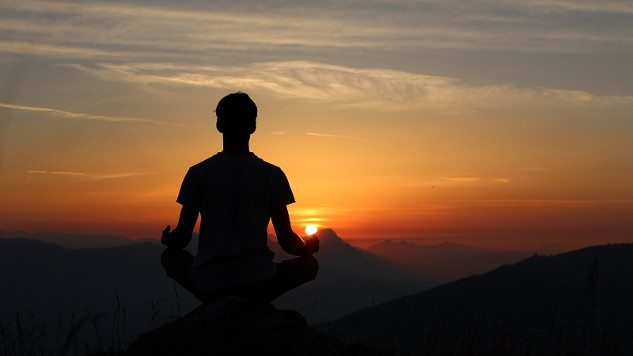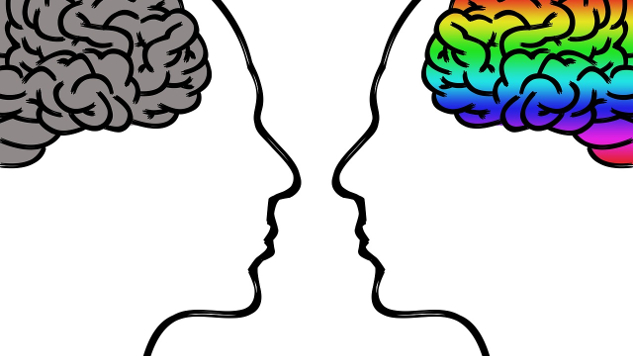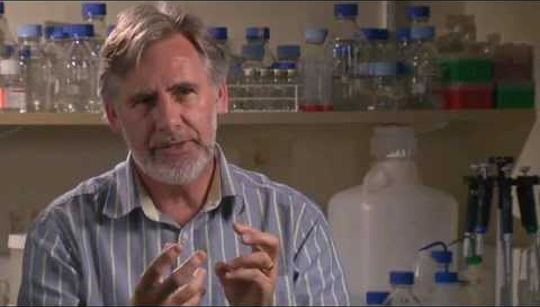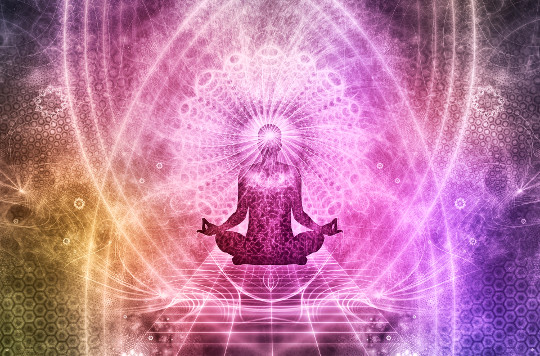
Mindfulness benefits go beyond stress reduction. Learn how mindfulness for tolerance can help you reduce hate and build a more compassionate world with these insights.

Certain mindfulness aspects might support mental health and well-being more than others. But which combinations of mindfulness aspects are better than others, and does your age play a role?

Zen Buddhism presents a path of enlightenment that digs deep into the art of mindfulness, compassion, and a profound bond with the surrounding world.

If we turn our minds to the spiritual and remain mindful throughout our day, our lives will become more joyful. We’ll find an increased sense of gratitude and contentment, and we’ll experience an ease and lightness in all we do.

“No-thought” comes from a Zen expression that literally means “the mind without the mind.” This refers to a mind that is calm, balanced, and unoccupied by self-centered thoughts or emotion...

The process of opening our hearts toward ourselves and others is not always direct or linear. It may happen over time as we deepen our lovingkindness and compassion practice.

Mindfulness is a concept that most of us may have heard of, but few have fully grasped.

With the turbulent nature of the world these days, it’s easy to feel that we’re too small to make a difference. We tend to underestimate ourselves.
- By Marc Lesser

Finding clarity is a path open to all humans, regardless of our backgrounds or identities.

Through extensive research, scientists have discovered that mindfulness training induces notable transformations in brain patterns, offering us a window into the profound interplay between our mind and body.

An hour of deep silence is a natural therapy that is perhaps more effective than hours in a “shrink’s” office. And the only way to prove it is to try.

There are multifaceted benefits of qigong, yoga, mindfulness, and tai-chi. These practices can aid fatigue, manage pain, and improve overall well-being, especially for individuals recovering from severe illnesses like cancer.

The first instruction for participants in pain management clinics is to begin to experience their pain, to feel the sensations, allow them, explore them.

Mindfulness and self-compassion are now buzzwords for self-improvement. But in fact, a growing body of research shows these practices can lead to real mental health benefits.

Paraphrasing poet Gary Snyder, meditation is a process of entering into our deep identity over and over again, until it becomes the identity from which we live.

American professor Jon Kabat-Zinn is credited with popularizing the kind of mindfulness that has caught on with non-Buddhists today, starting with his “mindfulness-based stress reduction” program in the 1970s.

Athletes at the very highest level of their sport face the challenge of performing consistently under pressure amid many potential distractions, including performance anxiety, crowd behavior, their own and others’ expectations, and the responses of their opponents.

Yoga is now a mainstream activity in the U.S. and is commonly portrayed as a healthy lifestyle choice. I am a behavioral scientist who researches how physical activity – and specifically yoga – can prevent and help manage chronic diseases.

I am inspired to share helpful techniques from my own tradition to add to this emerging global mindfulness conversation.

The start of another year can feel magical to many of us. Even though the days remain short and dark, the flip of the calendar can make it seem new beginnings with new resolutions are possible.

In an attempt to keep up in an increasingly fast world, we are always on the go, non-stop doing, grabbing coffees and rushing lunches . . . We are in constant motion, fingers active if not our whole body...
- By Ora Nadrich

As mysterious as the brain is, mindfulness, I believe, can help us know more about it and the brilliance of which it is capable.
- By Ora Nadrich

We don’t usually come to the present moment free of thoughts and concerns. And we don’t travel light... I’m talking about mental baggage.















